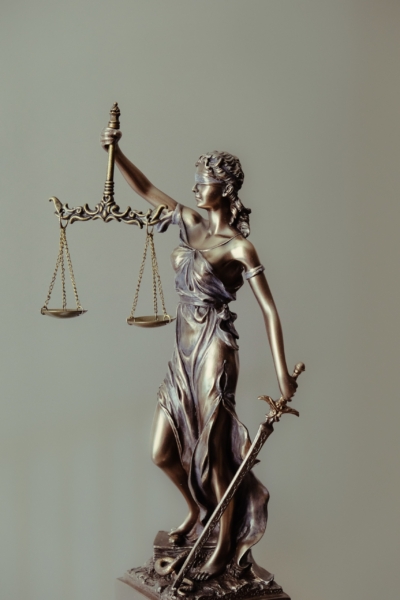Major Law Firms Warn Law Schools About ‘Antisemitism, Islamophobia’
More than two dozen major US law firms are calling on law schools to condemn antisemitism and Islamophobia amidst the Israel-Hamas war.
“We look to you to ensure your students who hope to join our firms after graduation are prepared to be an active part of workplace communities that have zero tolerance policies for any form of discrimination or harassment, much less the kind that has been taking place on some law school campuses,” the firms wrote. “There is no room for antisemitism, Islamophobia, racism or any other form of violence, hatred or bigotry on your campuses, in our workplaces or our communities.”
The firms also highlighted the significance of on-campus statements beyond academic settings, as students graduate to client-driven businesses. The letter specifically asks law schools to consider this perspective more seriously when shaping academic policies.
“It is imperative that you provide your students with the tools and guidance to engage in the free exchange of ideas, even on emotionally charged issues, in a manner that affirms the values we all hold dear and rejects unreservedly that which is antithetical to those values,” the letter states.
ELITE LAW FIRMS BEHIND THE LETTER
A number of the nation’s biggest and most profitable law firms have signed the letter, including: Cravath, Swaine & Moore; Debevoise & Plimpton; Kirkland & Ellis; Paul, Weiss, Rifkind, Wharton & Garrison; Simpson Thacher & Bartlett; Skadden; Wachtell, Lipton, Rosen & Katz.
The law firms’ letter comes after two major firms, Winston & Strawn and Davis Polk & Wardwell, rescinded offers to incoming associates who had publicly supported Palestine or endorsed statements in the aftermath of Hamas’ deadly attacks in Israel.
University of California, Berkeley law dean Erwin Chemerinsky says he welcomes the firms’ statement but was unclear on next steps.
“I am unsure what the law firms are asking law schools to do, but it is certainly our role to protect the freedom of speech of all of our students, while also ensuring that there is a conducive learning environment and preparing students for the practice of law at the highest levels of the profession,” Chemerinsky says.
Sources: Reuters, The New York Times


Questions about this article? Email us or leave a comment below.